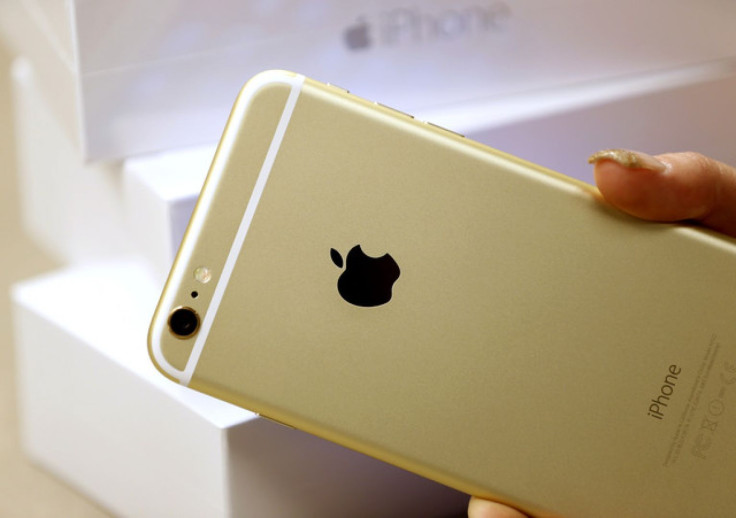Apple’s push for privacy continues. The company urged U.S. District Judge Margo Brodie to dismiss the Justice Department’s latest call for Apple to help New York law enforcement unlock an iPhone involved in a Brooklyn drug case.
"The government has utterly failed to satisfy its burden to demonstrate that Apple’s assistance in this case is necessary,” Apple asserted in a Friday court filing.
Last month, the FBI dropped its case against Apple when the agency found a third-party to hack the iPhone 5c that was in the San Bernardino shooter’s possession. The FBI has stated their exploit works only with a limited number of iPhones, and the New York iPhone is not one of them.
“Before the government demands that Apple do the work of law enforcement, the government must offer evidence that it has performed an ‘exhaustive search’ and that it remains unable to obtain the data it seeks without Apple’s assistance,” Apple continued.
In February, New York Magistrate Judge James Orenstein ruled in favor of Apple when he asserted the government doesn’t have the legal authority to enforce access to the Brooklyn iPhone’s encrypted data. In response to Orenstein's ruling, the Justice Department appealed for a higher court to review the case.
Apple’s recent statements were released after the government pushed forward with the case. The Justice Department hopes to uphold laws that give the government authority over Apple and other tech companies when it comes to user data. If Apple wins, it will set a precedent for privacy and user protection.
The Justice Department is clutching onto a 1789 law called the All Writs Act, which gives federal courts the power to issue court orders within the limits of law.
“Ultimately, the question to be answered in this matter, and in others like it across the country, is not whether the government should be able to force Apple to help it unlock a specific device; it is instead whether the All Writs Act resolves that issue and many others like it yet to come. For the reasons set forth above, I conclude that it does not. The government’s motion is denied,” Judge Orenstein said in his February ruling.
The constitutionality of whether or not the government should have backdoor access to tech companies user data is bound to be argued in the Supreme Court down the line. It’s hard to predict what case has what it takes to make it all the way to the highest court. The government has used the the All Writs Act to gain access to password protected mobile phones on a number of occasions in the past.
“While Apple strongly supports, and will continue to support, the efforts of law enforcement in pursuing criminals, the government’s sweeping interpretation of the All Writs Act is plainly incorrect and provides no limit to the orders the government could obtain in the future. And that is precisely what the government seeks here: to obtain an order that it can use as precedent to lodge future, more onerous requests for Apple’s assistance,” Apple stated.

















